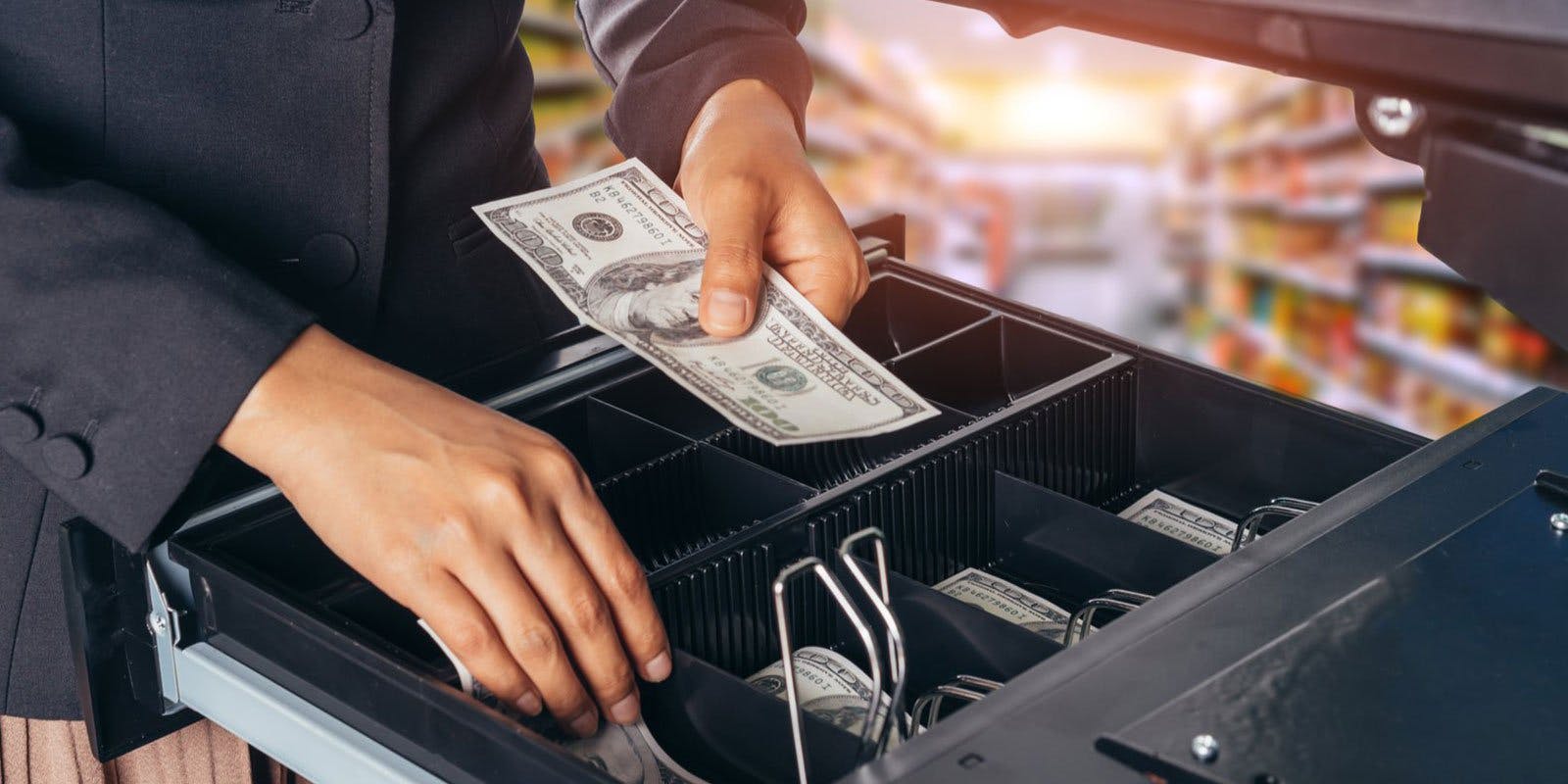
Why cashless is bad for business from a CEO's point of view
While US lawmakers in Congress call for nation-wide respect for cash with laws that would ban cashless businesses across the country. Business owners are reflecting on their payments schemes, and the impact of refusing cash.
One CEO makes a point to discuss how important it is to keep cash as an option as a universally trusted payment form. It would be bad move to exclude it when 'the global economy and the global spectrum of customer needs and accessible technologies are too varied to try to move too fast on any one approach.'
“We realized that [the cashless economy] overly affects — not surprisingly – lower-income people, minorities and immigrants who might fall into the category of being unbanked.”
Excerpt from Forbes article here
Pushing too hard and too fast toward a cashless economy is simply bad for business. If a company refuses to take cash, that leaves a lot of the world’s money on the table.
The fact is much of the world’s money still changes hands as cash. Data from the World Bank shows that small retailers transact $19 trillion in cash a year—nearly one-fourth of global GDP. And that’s not just in poor neighborhoods or low-income countries. In Europe, according to the global security company G4S, an estimated 79% of all point-of-sale transactions were conducted in cash last year—which was actually up from 60% in 2016.
'Pushing too hard and too fast toward a cashless economy is simply bad for business. If a company refuses to take cash, that leaves a lot of the world’s money on the table.'
Going cashless sounds simple but, in reality, it requires access to a debit card or mobile wallet linked to a bank account, and the necessary point-of-sale technology and network access for businesses. Around 1.7 billion adults globally do not have access to a transaction account that can be used to receive payments and make deposits. In other words, the world is still a long way from having a completely cashless economy that would function for everyone.
